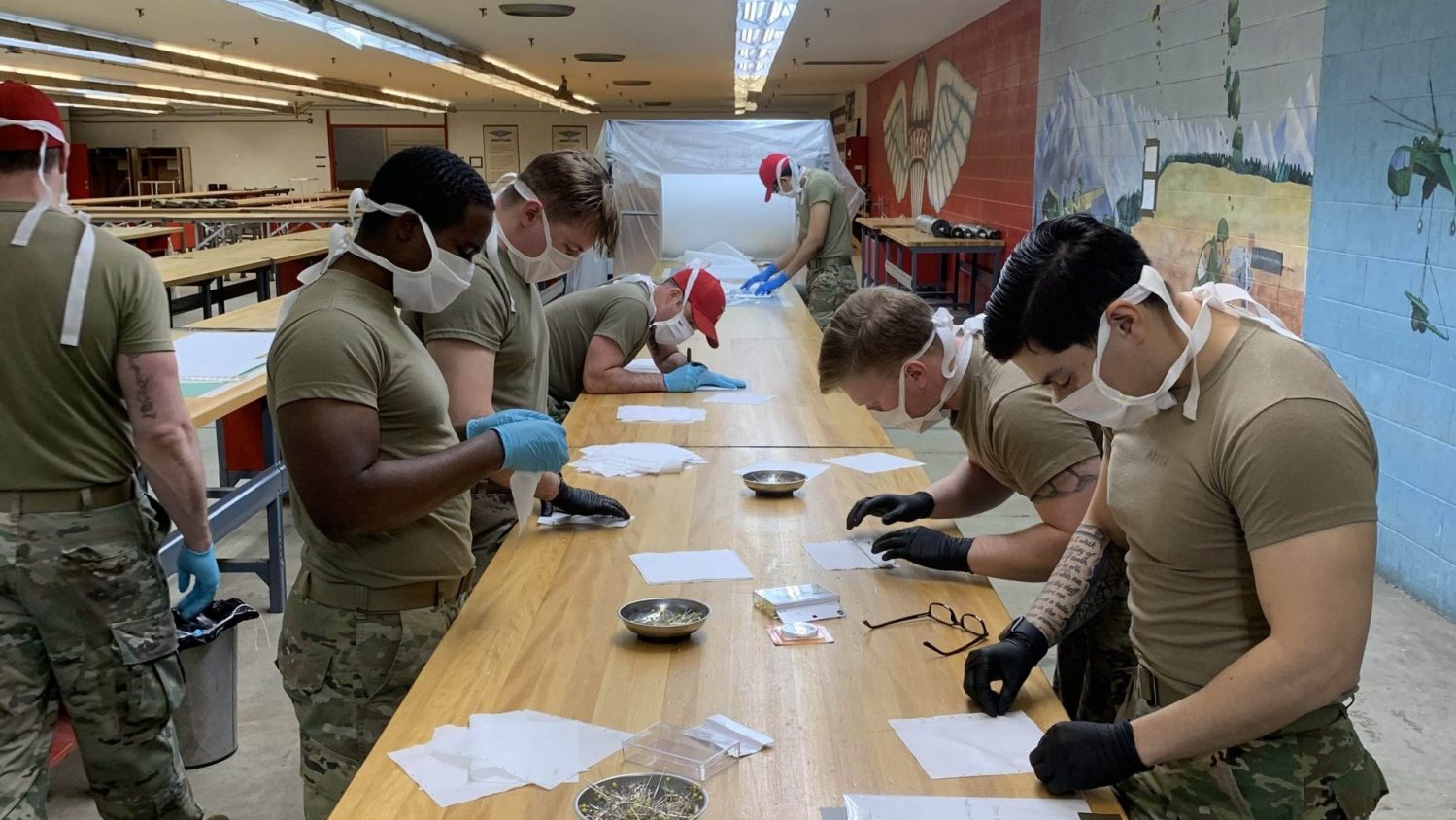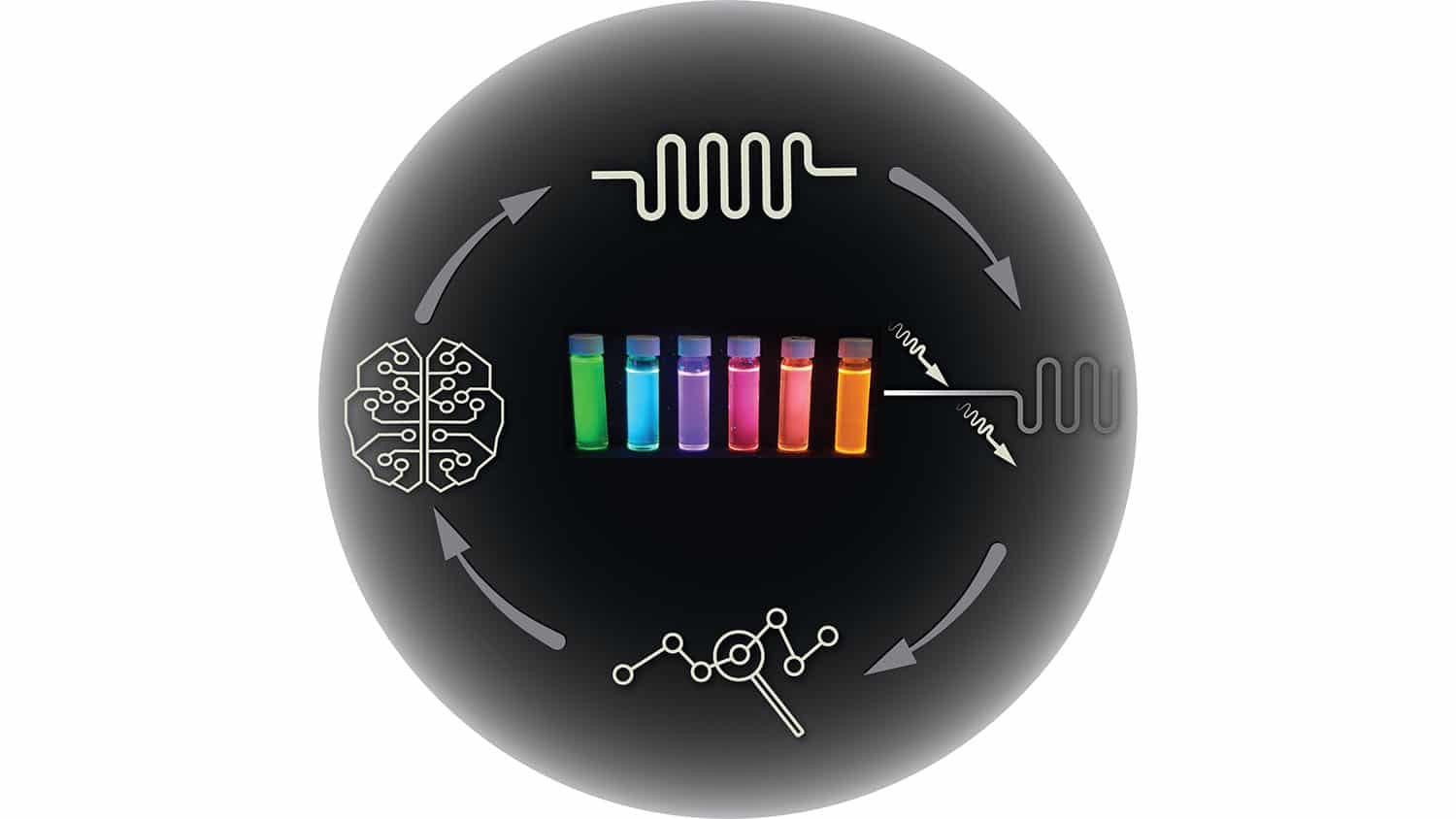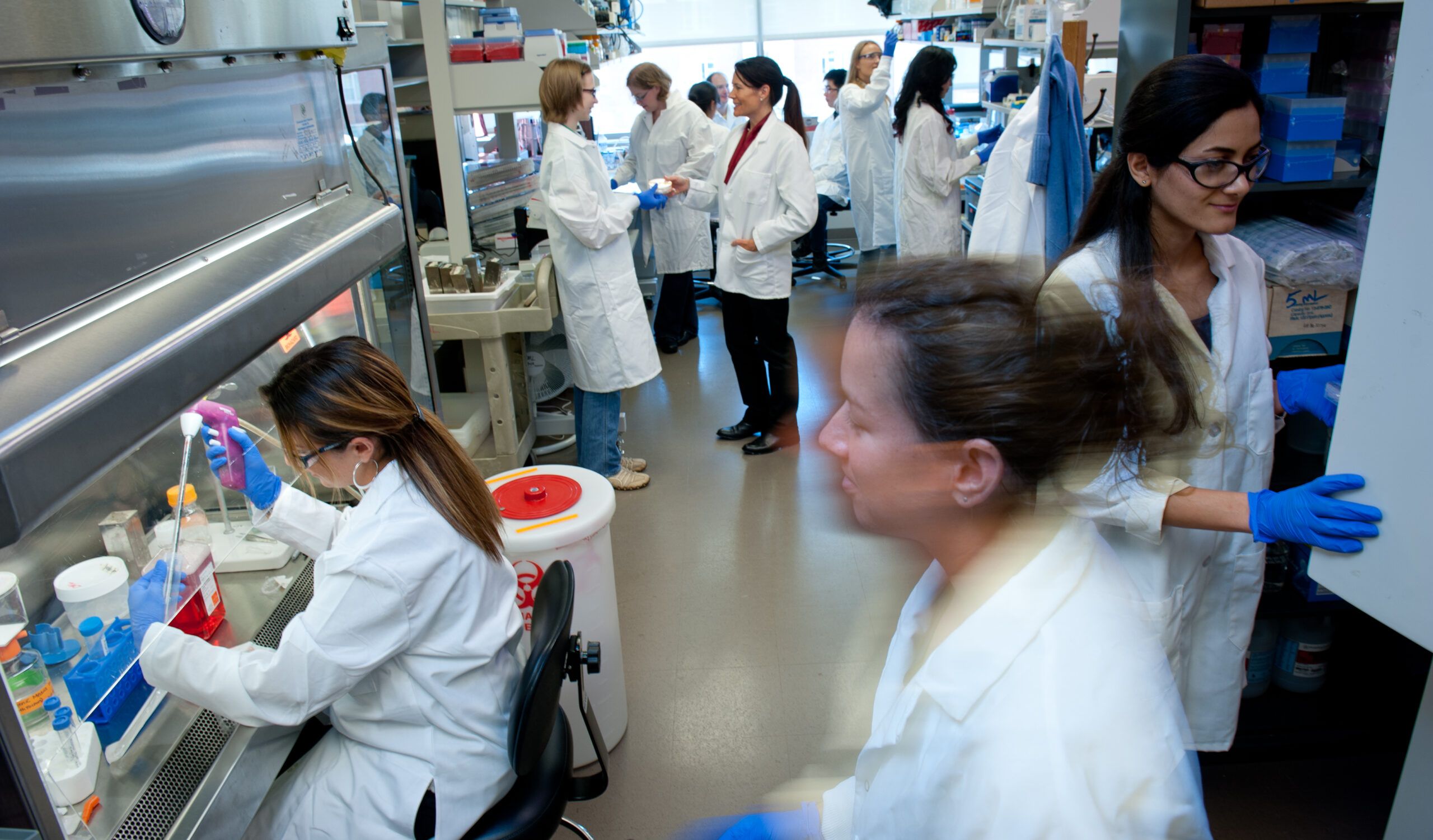
Advanced Materials
NC State is a leader in advanced materials and manufacturing. A few examples include the Analytical Instrumentation Facility (AIF), which focuses on materials characterization; the Research Triangle Nanotechnology Network, a hub for nanotechnology facilities, research, and education; the Wilson College of Textiles, which focuses on polymers, fibers, and non-woven materials; and the Center for Additive Manufacturing and Logistics, which provides cutting-edge research in aerospace, automotive, biomedical, hybrid manufacturing, logistics and supply chain, and materials development.
New Equipment Will Help TPACC Researchers Test Military, Fire Fighting Gear for Women Who Serve
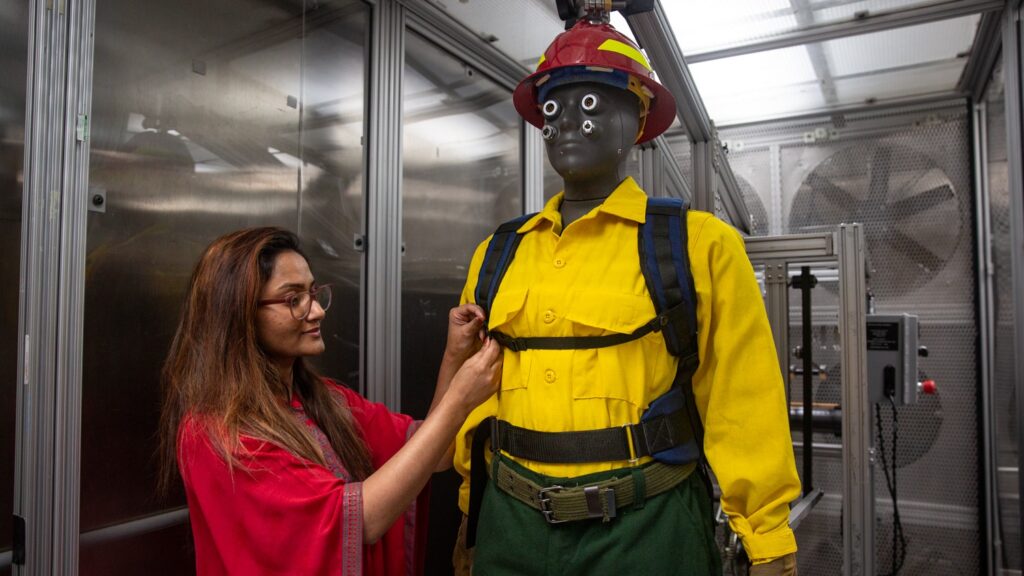
Centers, Institutes, Labs and Facilities
Advanced Materials Research Laboratory
Dr. Afsaneh Rabiei’s research group covers materials’ manufacturing, characterization, and failure analysis from nano-scale to micro and macro scale to address the needs of biomedical, mechanical, aerospace, and nuclear engineering.
Analytical Instrumentation Facility (AIF)
A shared instrumentation facility for advanced materials characterization and imaging.
Center for Additive Manufacturing and Logistics (CAMAL)
This groundbreaking rapid prototyping lab houses 3D printing equipment to build structures from materials like metals and advanced polymers using additive manufacturing processes.
Corrosion and Advanced Materials Laboratory (CAML)
CAML studies the relationships in metallic materials, passivity, corrosion initiation and propagation mechanisms, and surface electrochemistry. The lab’s research is applied to developing new metallic materials, corrosion characterization techniques, and material processing technologies.
Nanofabrication Facility (NNF)
A shared facility for nanofabrication instrumentation including all standard thin film processing tools serving a variety of disciplines.
Nonwovens Institute (NWI)
The Nonwovens Institute (NWI) is the world’s first accredited academic program for the interdisciplinary field of engineered fabrics.
Research Triangle Nanotechnology Network (RTNN)
A hub for nanotechnology facilities, research, and education, including a shared instrumentation facility for advanced materials characterization and imaging.
Textile Protection and Comfort Center (TPCC)
An academic center that incorporates the capabilities to research, test and evaluate the comfort and protective performance of textile materials, garments and ensemble systems.
New Technique Improves Finishing Time for 3D Printed Machine Parts
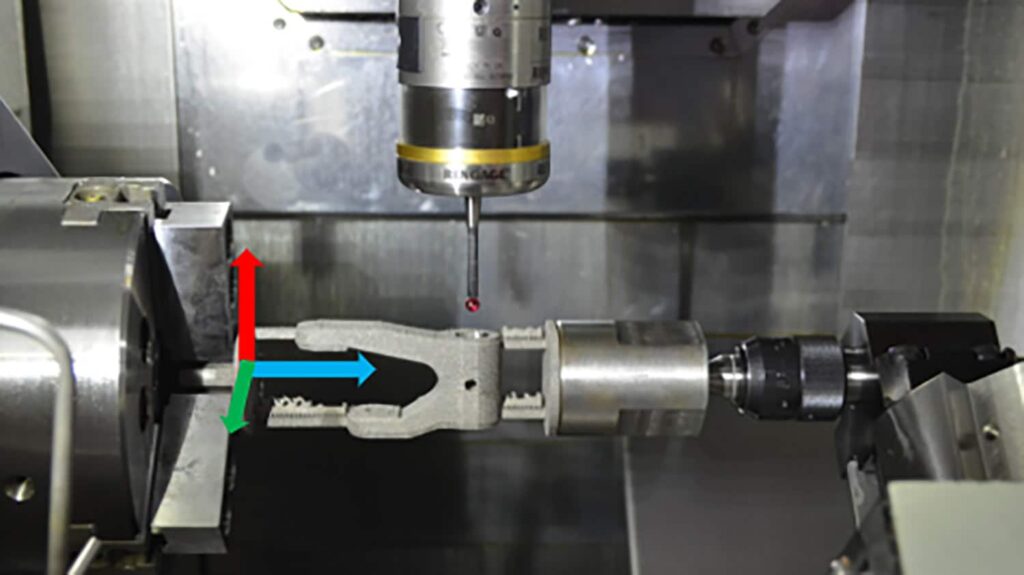
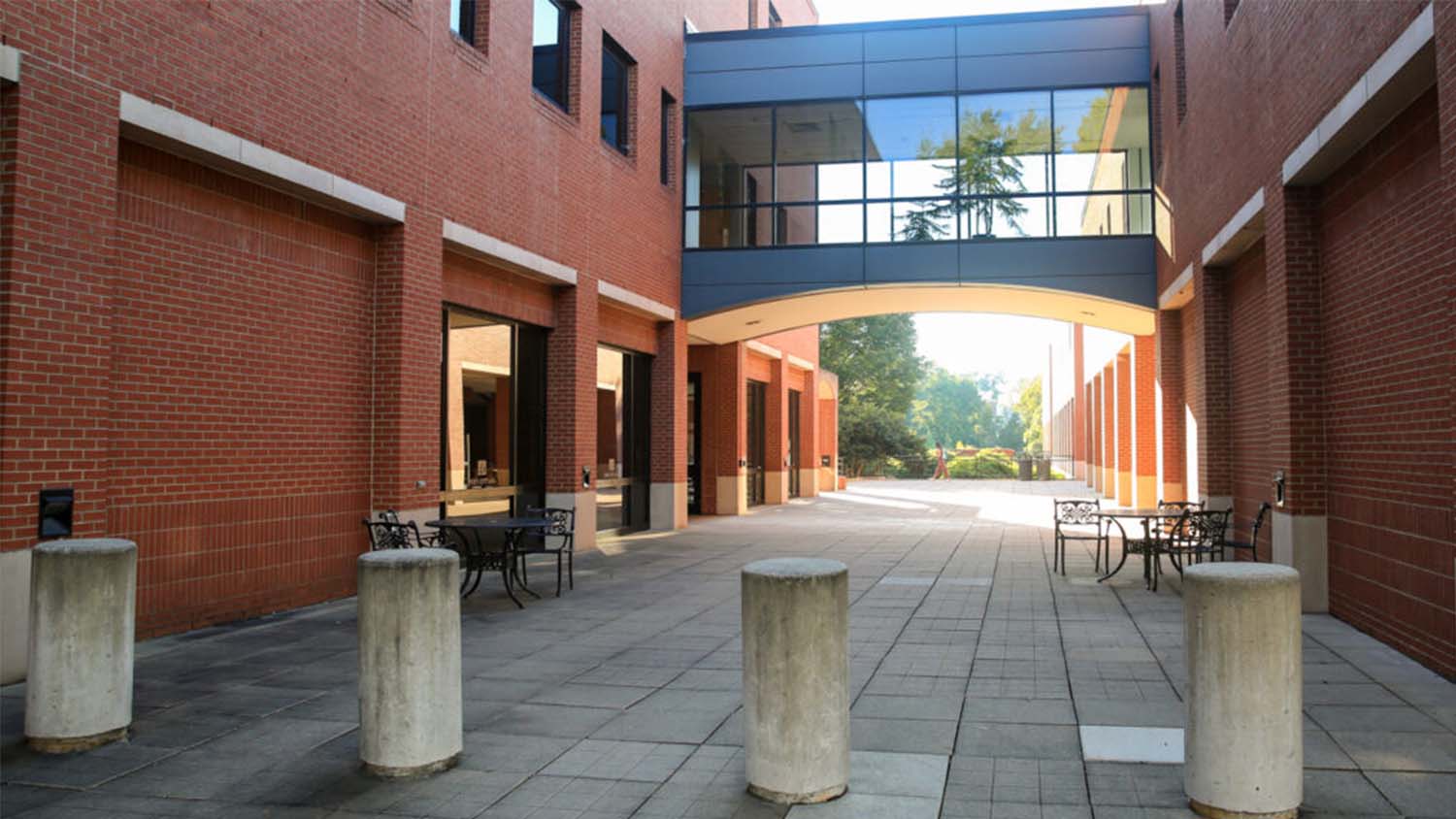
Bill Kernodle’s Knowledge of Textiles Helped to Ensure U.S. Military Success in Two Gulf Wars
More about these protective uniforms
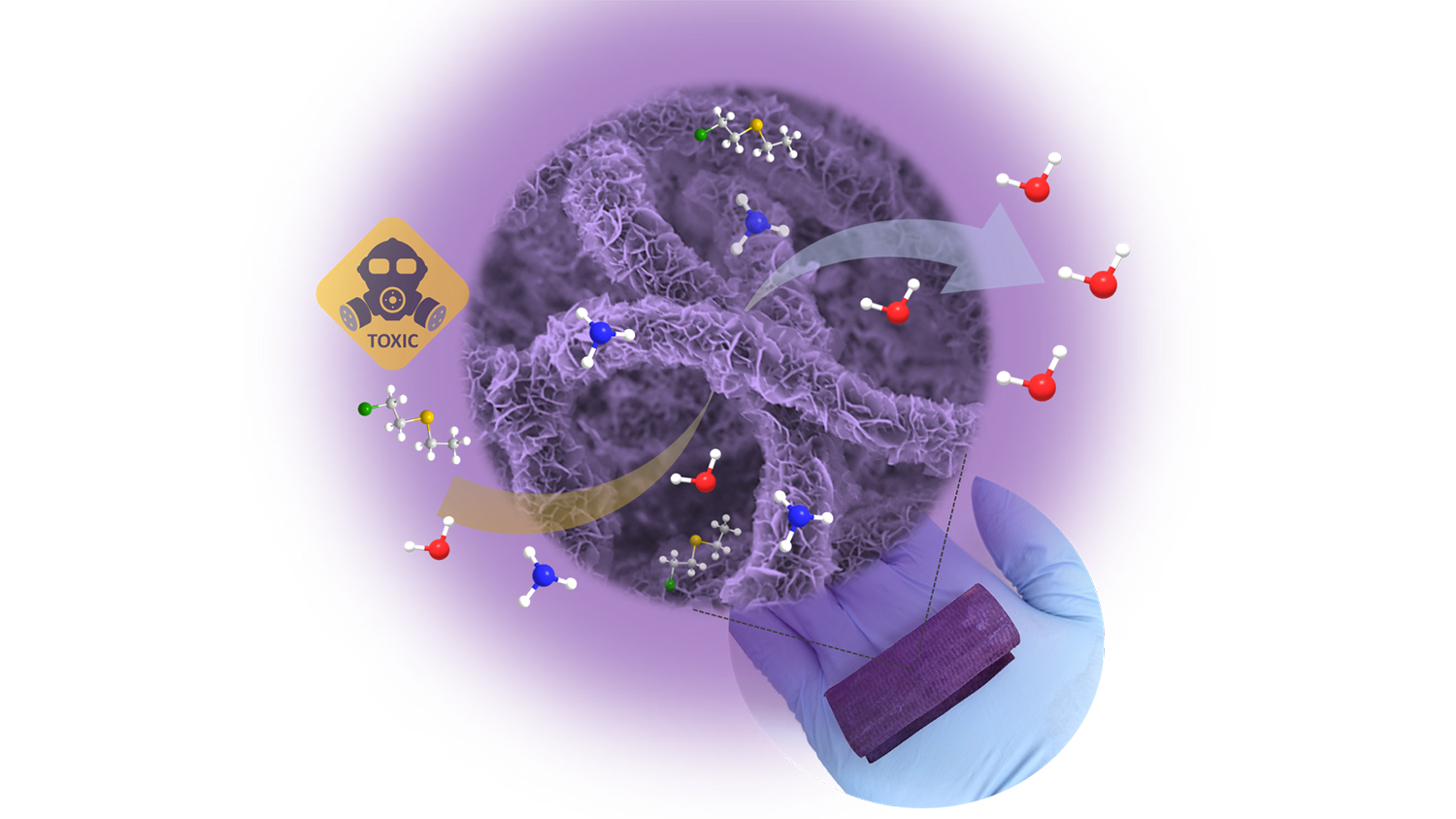
Fabrics that Protect Against Chemical Warfare Agents
More about these fabrics
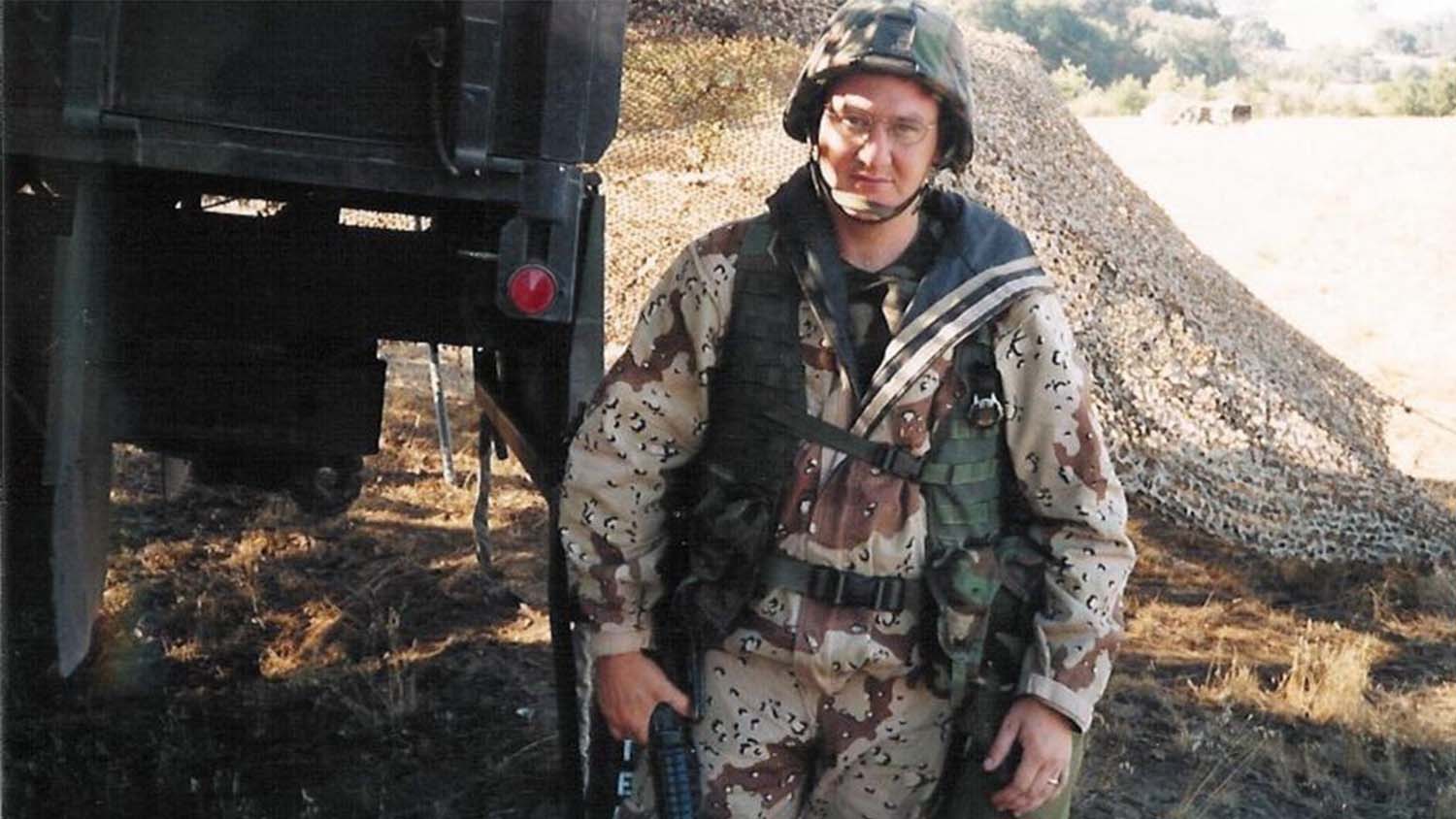
Military Veteran Marc Mathews’ Career Designing Protective Equipment Took Him All Over the World
More about this protective fabric
Education
Department of Materials Science and Engineering (MSE)
MSE integrates education and research, giving students opportunities to solve real-world problems in the classroom, field and laboratory settings. This department boasts six robust research areas with unique challenges and impacts:
- Structural Materials
- Soft and Biomaterials
- Electronic, Optical, and Magnetic Materials
- Computational Materials Science
- Materials Characterization
- Energy Materials
Textile Technologies
Textiles are all around us: from the playing field to the runway, shielding first responders and soldiers from danger or even shoring up a human heart. The Wilson College of Textiles at NC State is North America’s only dedicated textiles college. Our textile technologies have broad defense applications including:
- Medical research
- Protective clothing
- Wearable sensor technology
- Improved and more durable packs, ropes and temporary shelter
- Advanced filtration
